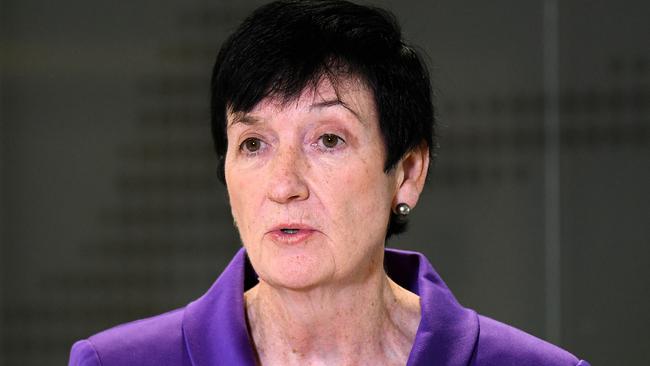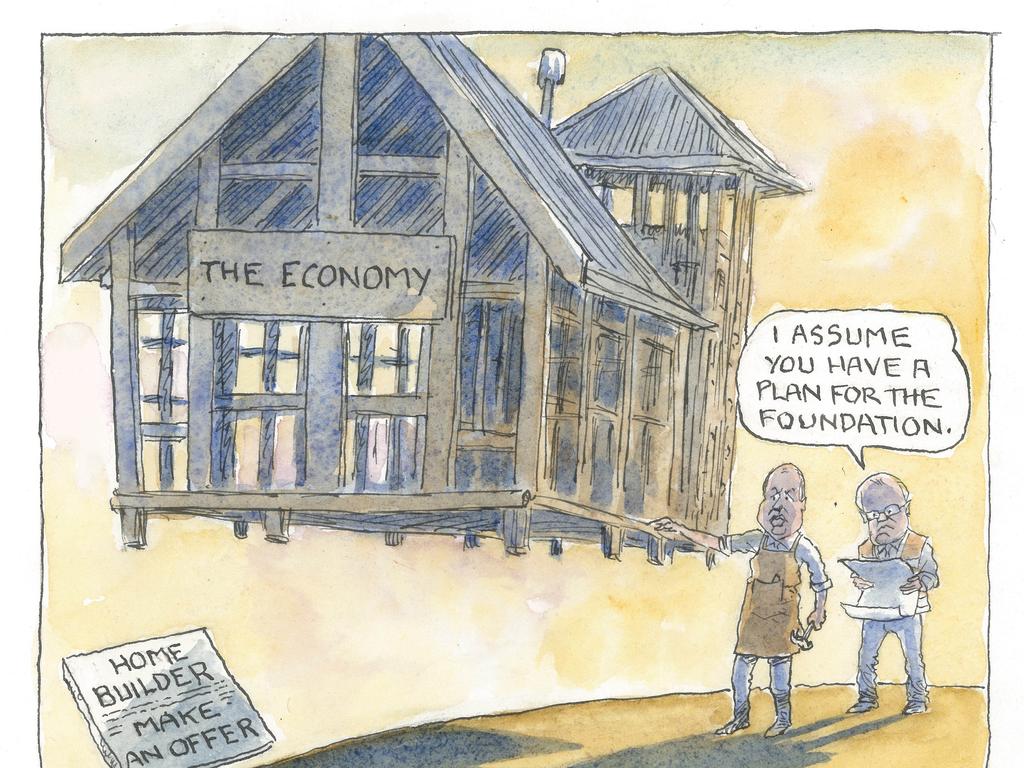Foreign investment ‘on our terms’, says business
Business has welcomed the Morrison government’s overhaul of the foreign investment rules, calling the changes ‘sensible’ and ‘good news’.

Business and major investors have welcomed the Morrison government’s overhaul of the foreign investment rules to include a national interest test for sensitive sectors, describing the changes as “sensible” and “good news”.
Presenting the proposed legislative overhaul on Friday, Scott Morrison said “Australia will always be an outward-looking, open, trading economy because that’s where our prosperity is and that’s where the jobs are”.
“But investment in Australia must be on our terms, on our rules and in our interests.”
The Prime Minister said the changing geopolitical environment meant that offshore investments that needed to be assessed “were not just those that related to commercial issues, but broader strategic issues and national security issues”.
Pacific Equity Partners co-founder Tim Sims said the government had taken a “sensible” approach to tightening rules on offshore investment in what are deemed sensitive assets and businesses from a national security perspective.
“The government is to be congratulated on bringing the regulatory framework forward to be consistent with the emerging standards in other advanced economies,” Mr Sims told The Weekend Australian. “This is an issue that is easy to politicise and generate concern around, and there are obvious reasons for that, but the evidence is that these are sensible measures that will be applied in a responsible manner.’’
Business Council of Australia chief executive Jennifer Westacott said the proposed legislative changes were “sensible given unprecedented disruption to the global economy and heightened national security risks”.
Ms Westacott said attracting investment and protecting security and sovereignty were “not mutually exclusive”.
“We’ll need to ensure that low-risk investments are streamlined and approved quickly so businesses can attract the global investment they need to get on with creating jobs at this critical time,” she said.
Yasser El-Ansary, chief executive of the Australian Investment Council — the peak industry body representing most of the active private capital investment firms in Australia — welcomed the overhaul of the FIRB rules.
In particular, the changes to the treatment of “passive” foreign investors — such as offshore pension and sovereign wealth funds who would no longer be automatically caught up in national interest tests — would make it easier for the industry, he said.
“The changes today will help the private capital industry to simplify aspects around the administrative complexity of the existing framework,” Mr El-Ansary said.
Mr Morrison announced a further $50m to “resource our agencies to ensure we can enforce and ensure compliance with those foreign investment rules”.
Malcolm Brennan, the lead partner in King & Wood Mallesons’ foreign investment team, said the rule changes were a case of “giving with one hand and taking with the other”.
Mr Brennan in particular cautioned that the additional compliance burden on foreign investors, including the Treasurer’s new “last resort” powers to rescind an approval after the fact, were “concerning”.
“There are massive increases in penalties, and they were large already,” he said.
Mr Brennan said a Chinese banker had told him last week that it was too hard to invest in Australia. “We need to avoid too much focus on compliance and penalties because we don’t want to risk good investment being turned away.”
Australian Strategic Policy Institute executive director Peter Jennings welcomed the FIRB decision but said work still needed to be done to “undo” previous decisions like the lease of the Port of Darwin — something Mr Morrison ruled out on Friday.
Labor senator Kimberley Kitching — a leading China critic — said the pandemic had highlighted the need to protect critical assets, but accused the government of acting “too little, too late”.




